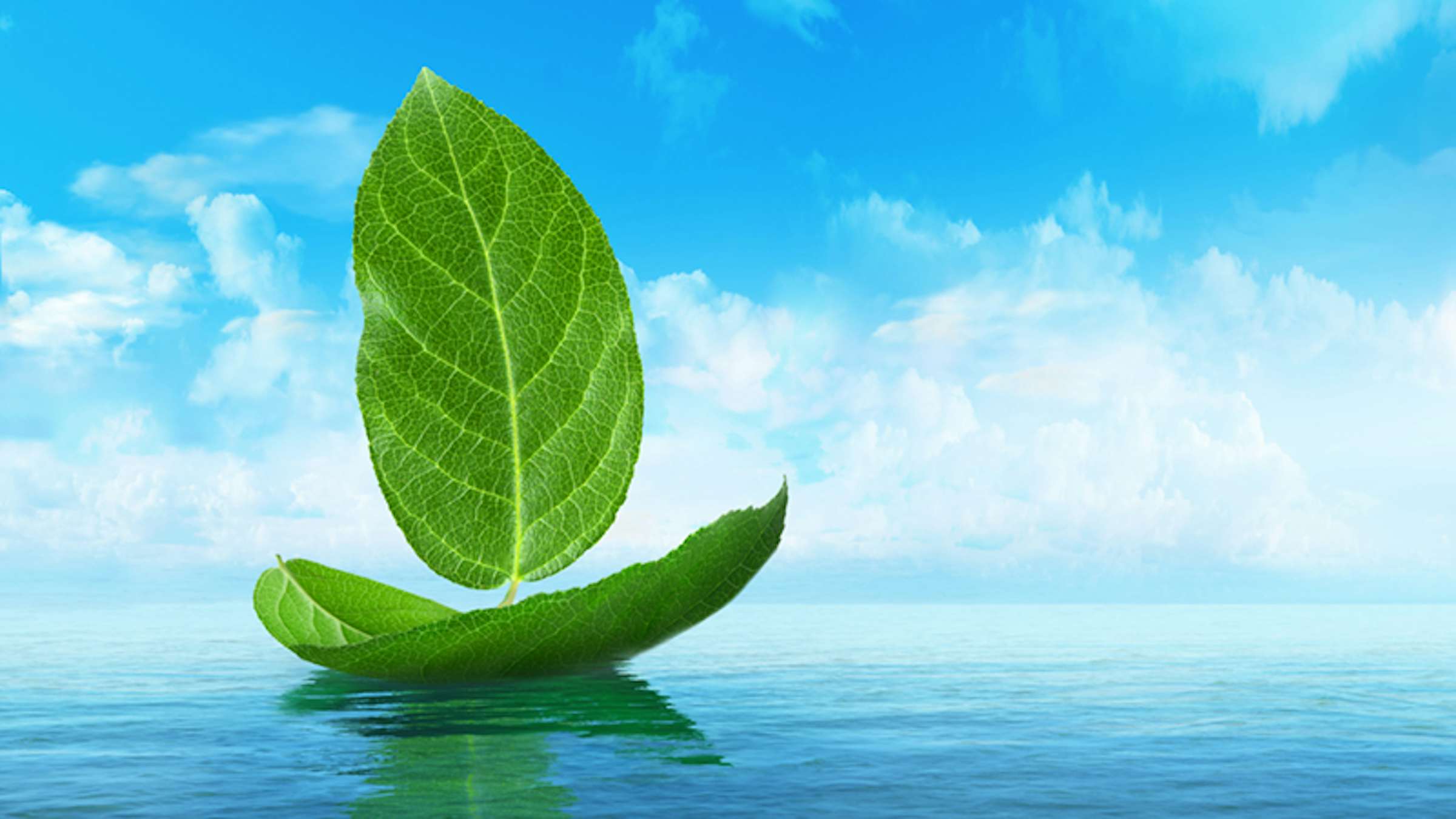
Eco-Friendly Boating in New Zealand
Boating is a popular pastime in New Zealand, with many boaties taking to the water to enjoy the country's stunning natural beauty. However, it's important to remember that the marine environment is delicate, and our actions can have a significant impact on the health and well-being of marine life. In this article, we'll provide some tips for eco-friendly boating in New Zealand's pristine waters, so you can enjoy your time on the water while also protecting the marine environment.
Choose Your Anchorage Carefully
When anchoring your boat, it's important to choose a spot that is away from delicate marine ecosystems. These ecosystems are home to a wide variety of marine life and are particularly vulnerable to damage from anchors and chains. Look for areas with sandy or rocky bottoms where anchoring is less likely to cause harm.
Use Eco-Friendly Cleaning Products
Many cleaning products contain harsh chemicals that can be harmful to the marine environment. When washing your boat, opt for eco-friendly cleaning products that are non-toxic and biodegradable. Look for products that are specifically designed for use in marine environments and avoid using products that contain bleach or other harsh chemicals.
Avoid Polluting the Water
Pollution is a major threat to the health of New Zealand's marine environment. When boating, it's important to avoid polluting the water by disposing of all waste, including trash, fishing lines, and cigarette butts, properly. Use onboard waste systems or take your rubbish back to shore to dispose of it properly. Remember that even small items like cigarette butts can have a significant impact on marine life.
Be Mindful of Marine Life
New Zealand's waters are home to a diverse range of marine life, including dolphins, whales, seals, and many species of fish. When boating, it's important to be mindful of the presence of marine life and to take steps to avoid disturbing or harming them. Avoid getting too close to marine animals and keep noise levels to a minimum to avoid disturbing their natural behavior.
Reduce Your Carbon Footprint
Boating can be a significant source of carbon emissions, which contribute to climate change and have a negative impact on the marine environment. To reduce your carbon footprint while boating, consider using more efficient engines or alternative fuels, like electric or solar power. Additionally, plan your trips carefully to minimize unnecessary travel and reduce the amount of fuel you use.
Support Marine Conservation Efforts
There are many organizations in New Zealand that are working to protect and conserve the marine environment. Consider supporting these organizations by volunteering your time, making a donation, or attending an event.
Boating is a wonderful way to enjoy New Zealand's beautiful waters, but it's important to do so in a way that is respectful of the marine environment. By following these tips, you can help to protect the delicate ecosystems and marine life that make New Zealand's waters so special.